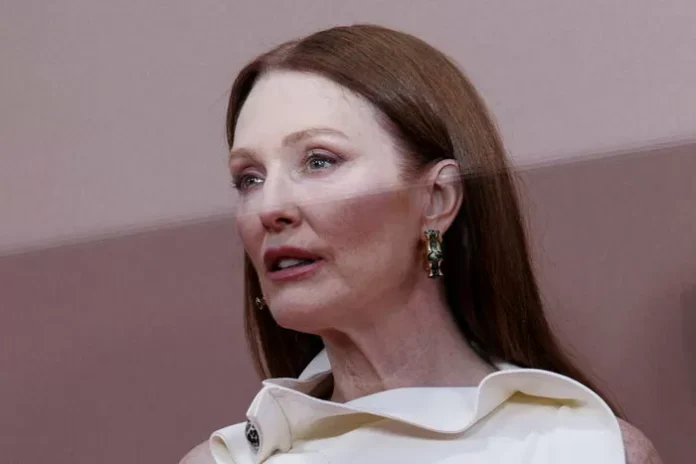Appeal against Unauthorized Training with Creative Works
In today’s digital age, access to information and resources has never been easier. With just a few clicks, we can learn new skills, discover new talents, and even improve our existing abilities. However, this ease of access has also brought about a concerning trend – the unauthorized training with creative works.
Unauthorized training refers to the practice of using copyrighted materials, such as books, music, and videos, without the permission of the original creator. This includes using these materials for educational purposes, such as in training workshops or online courses, without proper authorization. It may seem harmless at first, but this practice has serious consequences that not only affect the creators but also the learners themselves.
First and foremost, unauthorized training goes against the principles of intellectual property rights. The creators of these materials put in a lot of time, effort, and resources into producing their work, and they deserve to be compensated for it. When their works are used without permission, they are being robbed of the recognition and reward they rightfully deserve for their hard work.
Moreover, unauthorized training can also have a negative impact on the quality of education and training. When materials are used without proper authorization, there is no guarantee of their accuracy or relevance. This can lead to misinformation and incorrect learning, which can be damaging in fields that require precision and accuracy, such as medicine or engineering.
Furthermore, unauthorized training can also hinder the growth and development of the creative industry. When creators are not properly compensated for their work, they may be discouraged from producing more content, leading to a decline in the quality and quantity of creative works available. This, in turn, can limit the opportunities for learners to expand their knowledge and skills.
It is also worth noting that unauthorized training can have legal implications. Copyright infringement is a serious offense and can result in legal action being taken against the infringer. This can not only damage the reputation and credibility of the individual or organization conducting the unauthorized training but also result in hefty fines and penalties.
We must also consider the impact of unauthorized training on the learners themselves. By participating in such training, they are unknowingly supporting and promoting a practice that goes against ethical and legal standards. They may also be missing out on the valuable insights and guidance that the creators can provide, as they are the ones with the expertise and knowledge on the subject matter.
Therefore, it is essential to raise awareness and educate individuals and organizations about the negative effects of unauthorized training with creative works. As learners, we must also take responsibility for our actions and ensure that we only participate in authorized and legitimate training programs.
Moreover, as a society, we must value and respect the efforts of creators and support their rights to their intellectual property. This includes properly compensating them for their work and seeking their authorization before using their materials for educational purposes.
In conclusion, unauthorized training with creative works is a detrimental practice that not only affects the creators but also the learners and the creative industry as a whole. It is our responsibility to put an end to this trend and promote ethical and legal practices in education and training. Let us all join hands in supporting and respecting the rights of creators and promoting a more positive and sustainable learning environment.

